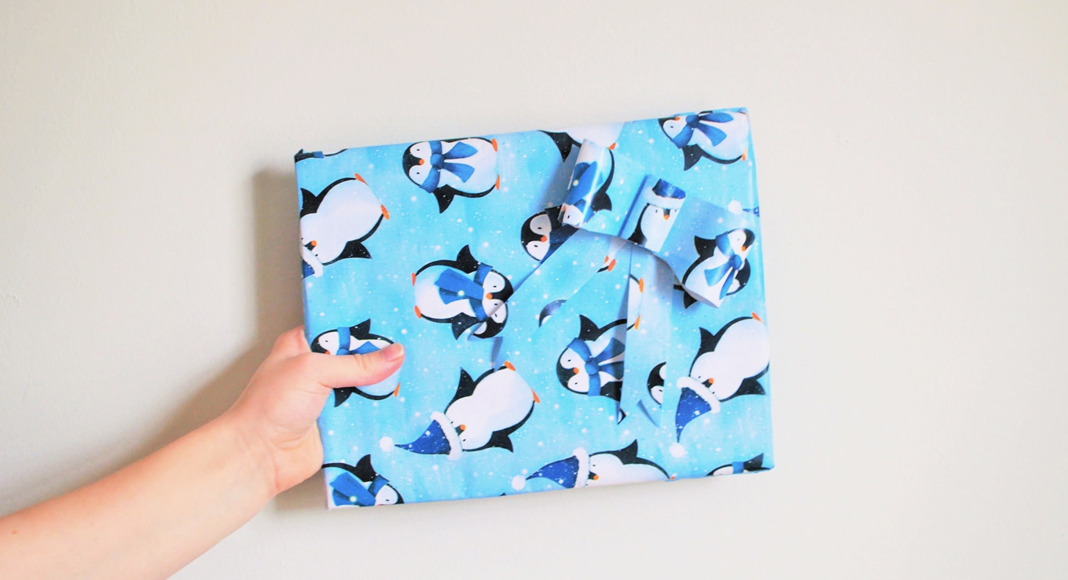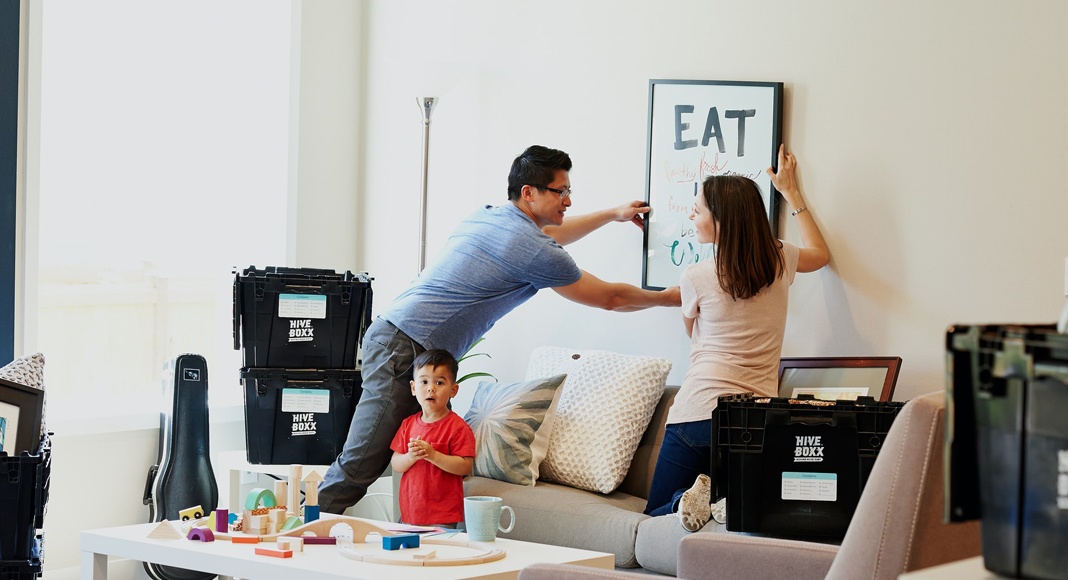My family isn’t very interested in sports. We don’t watch them and my kids don’t participate in them. There was one time my youngest daughter participated in soccer; that was a disaster of forgotten shin guards and grumbling about how her games were ruining our Saturday mornings. Maybe if she’d liked soccer we could have figured out the logistics, but she was pretty indifferent so I never signed her or any of the other kids up for team sports again.
There was a point where I wondered if my kids were missing out on something by not participating in team sports. Were they missing out on learning to work as a team with their peers? What about learning important skills like determination or perseverance?
Then, I realized they were learning those things from doing dishes together every night.
Our foray into the team sport of dishes started six and a half years ago. I had a summer job in Yellowstone and my family of six lived there in a 25-foot RV: at the time, my kids were 6, 6, 5, and 3 years old. The kids were small enough that the RV didn’t feel cramped with all six of us in there. However, we did have a problem with the counter space – we didn’t have any.
Our kitchen consisted of a small sink, a stove/oven, and a few cupboards. My husband made a cover that went over the stove top so we could use that as a counter when we weren’t using the stove. There was no dishwasher and nowhere to put dishes to dry.
Out of necessity, we started washing, drying, and putting away dishes after every meal. We all worked together to get the dishes done. I made a chart that assigned each child a job to do after every meal: all four kids rotated through Washing, Rinsing, Drying, and Putting Away the dishes. My husband and I helped them complete their jobs.
The kids did the jobs mostly willingly, especially as the RV was too small for them to sneak off and avoid helping. They also understood that we’d probably go on a fun hike as soon as we were done with the dishes.
The summer ended and we moved to Pocatello. A lot of things changed about our lives, but we kept up the dishes routine after dinner. We had a dishwasher again so the jobs on the chart changed to Clear Table, Rinse Plates, Unload Dishwasher, and Load Dishwasher, and the kids did those jobs for nearly two years.
Was it easy? Not at first.
There was a lot of grumbling and learning. Sometimes it felt like it might be easier to just have my husband and I do all the work rather than have kids do it. Sometimes it felt like we were doing the work for them. This was especially true when we would gently hold a child’s hands and guide them through wiping off the table or scraping plates, direct them through loading the dishwasher, or tell them where each and every dish went in the cupboards.
We kept going with it because we could tell that my kids were learning: they learned how to scrub plates, how to load a dishwasher, and where to put everything away. Over time the grumbling decreased. The kids realized they were not getting out of this nightly routine.
Having a chart really helped.
I wasn’t the one assigning them a job every night – it was the chart that told them what to do. They had the chart memorized so they knew which job they had to do each night. After dinner, they’d hurry to do their jobs so they could move on to more fun activities.
After Pocatello, we moved to our current home in Twin Falls. This house doesn’t have a dishwasher so the chart had to change again. This time the jobs were Empty Dish Drainer, Clear Table, Wash, and Rinse.
I adjusted the chart after a year or two.
For some reason, my kids hated the Rinse job. (My husband and I still have no idea why: it’s probably the easiest job.) So, I took over rinsing and added Make Dinner as a job for the kids. The kids take turns helping make dinner once a week and, if they don’t make dinner, their job is to sweep the floor.
I also received a lot of pushback from my daughter who was assigned to Wash dishes on Sunday. She felt it wasn’t fair since there were always a lot of dishes on Sundays. I ended up assigning everyone to help wash on that day. Now, the kids take turns washing ten dishes at a time until the dishes are all done. Wash is probably everyone’s least favorite job, regardless of the day, and there’s still some grumbling associated with it. I often agree to wash the bigger pots and pans so the kids can focus on the cups, plates, and silverware. The kids prefer Empty Dish Drainer and Clear Table. They will do those jobs quickly and well.
There are nights that we don’t do the dishes – Fridays often get neglected because we are exhausted from the week. We also have a supply of paper plates for nights when we are too busy to wash dishes after dinner but overall, the dishes are done every night.
Is my house spotless? No.
If you came to my house right now you’d see backpacks, shoes, and socks scattered over the living room floor even though we have specific spots for each of those things. The living room rug is slightly crooked and needs to be vacuumed. The kids’ bathroom has towels on the floor. The bedroom floors are covered in dirty clothes mingled with art projects. All those things are cleaned weekly – usually on Saturday mornings.
The kitchen is another story though. The table is clear and wiped off. The floor is swept. There aren’t dirty dishes on the counter, as they are clean and drying in the dish drain. All of this was accomplished with minimal grumbling from the kids and minimal supervision from my husband or me.
Doing dishes as a family started as a necessity because we physically couldn’t leave the dishes on the table or counter. Over time, it turned into a family tradition where my kids learned responsibility for keeping the kitchen clean.
Sometimes I wonder if I’m doing anything right as a mom… but then I remember how well my kids do the dishes, and I feel like I’m doing something right.










